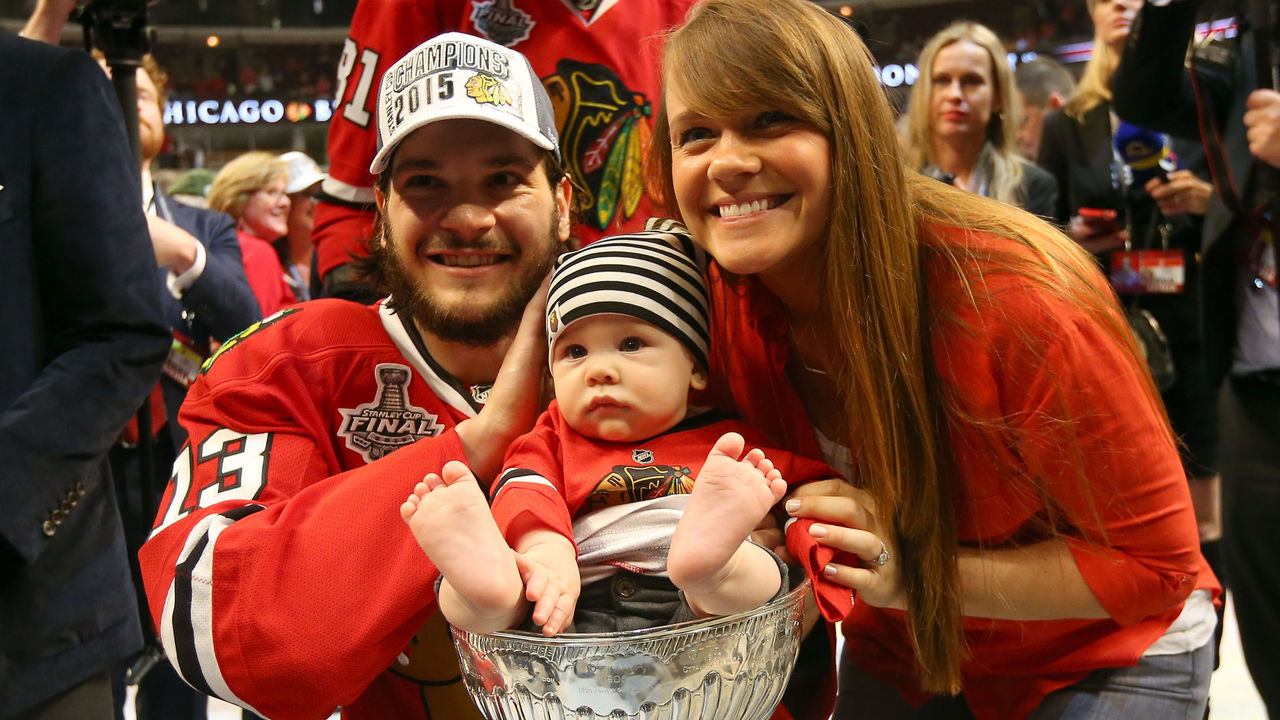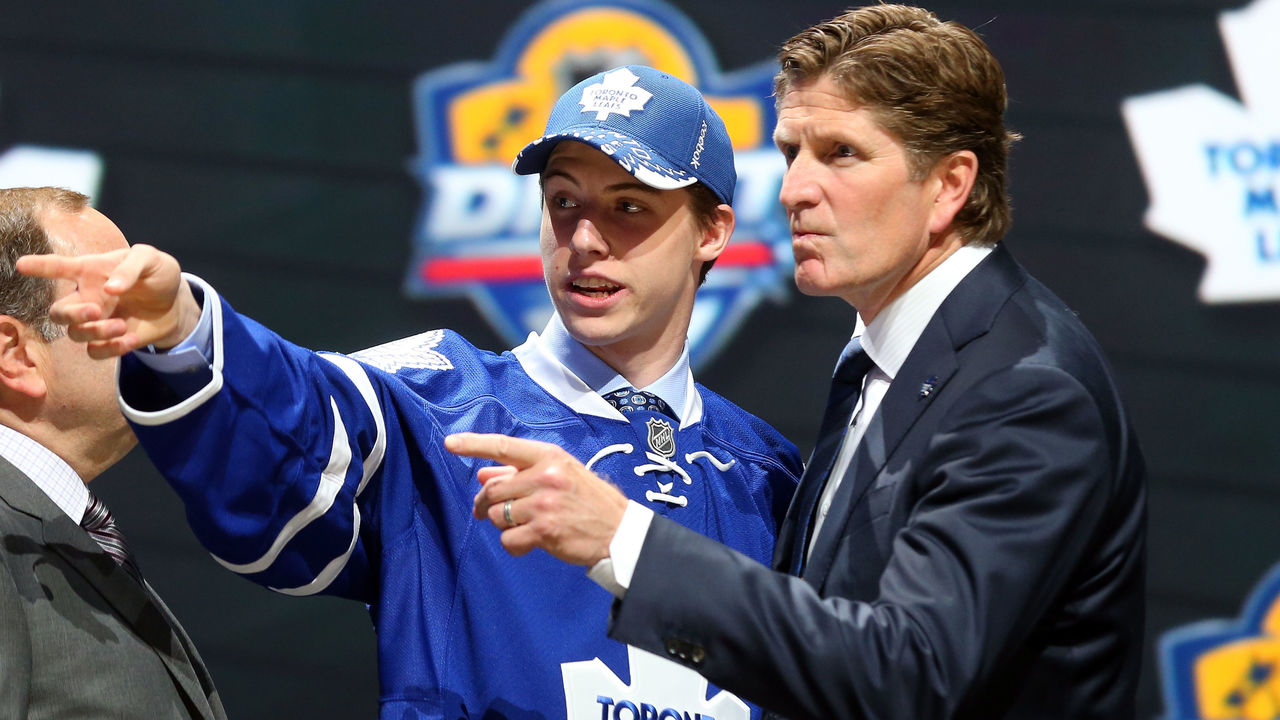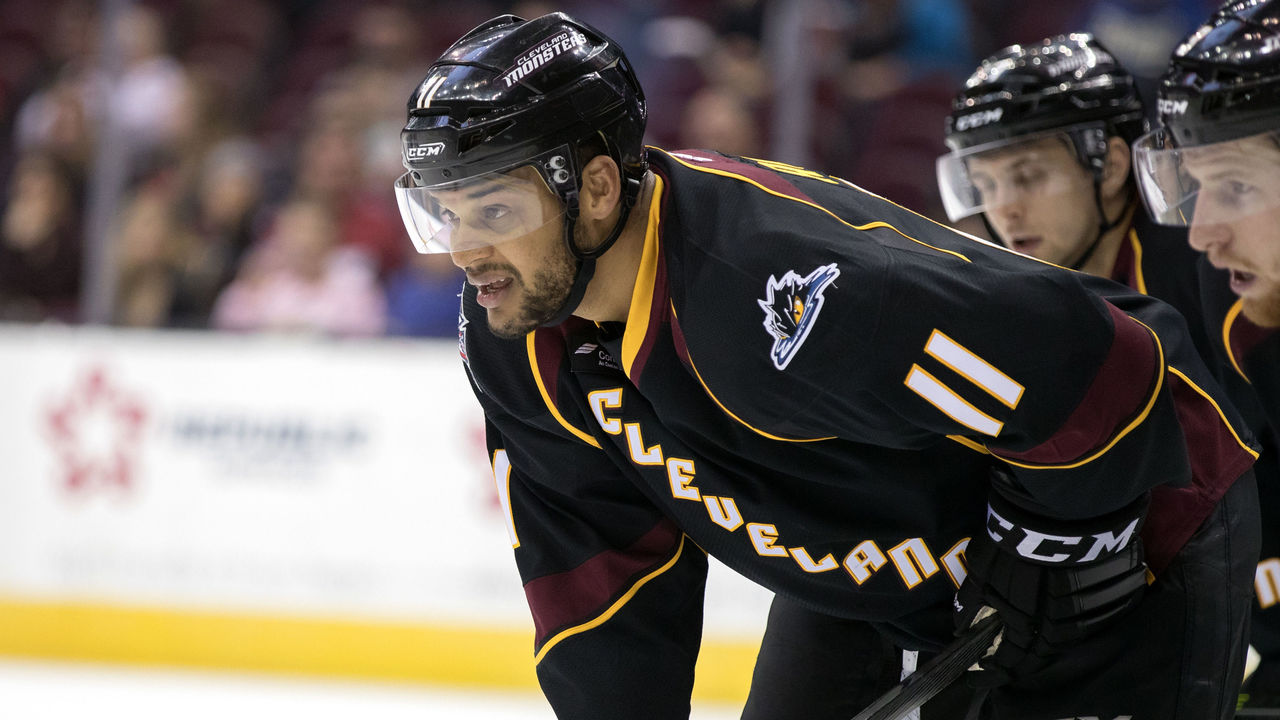'A reckoning of sorts': Stories of abuse put hockey culture under microscope
Warning: Story contains coarse and offensive language.
The messages flooded into Daniel Carcillo's inboxes Tuesday.
Dozens of former and current hockey players, some of whom Carcillo knows well and others he's never met, reached out on Instagram and Twitter to share stories or ask for guidance. They felt empowered by the courage of former NHLers Akim Aliu and Michal Jordan, who had gone public this week with their accounts of playing for Calgary Flames coach Bill Peters.
Expect more players to speak out sooner than later about their treatment by hockey coaches.
"I hope that these abusers are uneasy today, have a hard time sleeping," Carcillo, a retired NHL fighter who's become a fierce advocate for player health and wellbeing, said Tuesday night. "I hope that some of them find the courage to not wait until they're called out but just come out right now."

Peters is accused of hurling racial epithets at Aliu and physically abusing Jordan during coaching stints with the Chicago Blackhawks' AHL team and with the Carolina Hurricanes, respectively, earlier this decade. (On Friday, the Flames announced that Peters resigned his position after the team's investigation.)
Mike Babcock, meanwhile, has admitted to humiliating Mitch Marner a few years ago. The story only became public after the Toronto Maple Leafs fired the coach last week amid a losing streak, but that disclosure prompted Aliu to speak out.
Pulling back the curtain on the styles and tactics of two high-level coaches is fueling a broader conversation about some of the problems embedded in hockey culture.
"I believe in karma," Carcillo said, "and I think what you're seeing is a reckoning of sorts."
Programmed this way
The root of the issue is this: Hockey, like many sporting cultures, has developed its own set of rules because of the zero-sum nature of winning and losing games.
A regular workplace has structures and policies in place to report a person in power who abuses a worker emotionally, mentally, or physically. Many hockey team environments, however, don't work that way. Abusive actions are accepted and even lauded in pursuit of team-building, victory, and championships.
Coaches determine a player's ice time, linemates, and practice conditions. General managers determine if a player will be traded, demoted, or released. Authority figures in hockey wield great power over those who report to them.
"There shouldn't be this ivory-tower mentality to hockey operations," said Rachel Doerrie, a former analyst for the New Jersey Devils who now works for the York University athletic department. "Obviously, they're coveted positions, but it's not a license to be a terrible human being. You still should treat your employees with decency and respect."

For years and years, hockey coaches at all levels have used their influence within the team structure to embarrass players, like Babcock did with Marner. They justify their actions by talking about the art of motivation and the drive to win. Such psychological tricks can become so ingrained in the culture that everybody eventually accepts their presence and sees them as part of the process.
When these tactics become especially widespread, trickling all the way down to minor hockey, they're less likely to ring alarm bells. "I don't think (NHL) players realize the risk that they're under because they're so fucking programmed," Carcillo said - programmed, he argues, to expect mistreatment.
Carcillo made headlines last year when he said that, among other incidences of rookie hazing in the 2002-03 OHL season, his Sarnia Sting teammates stuffed him in a bus bathroom naked. The 34-year-old has also admitted to being part of the problem at one point in his life.
"I look back on my fights, and this person that I was on the ice and off the ice, and the way I treated people the first five years of the (NHL), and before I found rehab and spirituality at 25, and I just can't believe how much of a trained assassin I was," Carcillo said. "I can't even recognize that person, and I never want to, you know? It's brutal, man. And it's really, really, really hard to guard against because (coaches) start with you at 4 (years old). It needs to change, it needs to be systematic, and it needs to start with the NHL."
The incident involving Aliu and Peters, in which Aliu says Peters berated him for playing what the coach called "n-----" music in the dressing room, was corroborated by teammates in interviews with TSN. (Peters later acknowledged the incident in an apology letter to the Flames.) But until Aliu made his pronouncement on Twitter this week and reporters looked into it, Peters' alleged actions stayed within the teams' bubbles for years.
"It's all out of fear and all out of being the same, right?" said Brock McGillis, a former goalie who is working to make hockey more respectful and inclusive. "If the black guy didn't come out and say, 'This happened to me,' and it instead happened in a room full of white people or white hockey guys, is anyone going to come out and speak? Or, is anyone going to come out and speak when they're using homophobic language (in a hockey dressing room)?"

McGillis, the first pro hockey player to publicly come out as gay, believes the typical North American hockey environment can still be toxic because of its built-in "pack mentality." Arenas and dressing rooms are segregated places often lacking diversity. Abusive behaviors are passed down from coaches and teammates, breeding insularity and conformity from a young age. The behaviors can intensify as players get older and the stakes increase. McGillis believes the problem is not specific to individuals but is systemic.
"When they're done playing, they stay in the sport," McGillis said. "They coach, they manage, they do different things within it. Not a lot of people who play hockey leave hockey."
The funnel contributes to an atmosphere of limited accountability. Hazing and bullying - as well as the use of homophobic, racist, and sexist language - become ingrained in pockets of hockey's culture. The issues exposed by NHL players this week aren't new; they've just reached a critical mass.
"It makes me sick to think about. It has to change," said Doerrie, who's made inroads in a male-dominated sport but not without encountering sexism along the way.
"Hockey's already behind when it comes to social issues," she said. "No one can make an argument that it isn't. And if it doesn't change (soon), it's going to be even further behind."
Searching for solutions
McGillis has seen the effect of telling his own story - of coming out after years of internal struggle and fear of acceptance. He is adamant that there's great utility in addressing the various issues surrounding hockey culture and sports cultures at large. Stories can trigger change.
"The sad thing with sport is that it has so much opportunity to do good," he said. Sports promote teamwork, discipline, and the value of hard work, but not necessarily how to respect one another or be inclusive, he noted. "Why can't we learn to work with people who are different than ourselves?"
TSN reported Wednesday that NHL teams are internally discussing what constitutes unacceptable behavior in coaches' interactions with players. "The bottom line is that it's possible to be demanding without being disrespectful," one GM told Gord Miller.
Carcillo - who has been at the forefront of not only the conversation about hockey culture, but also discussions relating to head trauma - says he couldn't care less about Peters and his job security. Instead, he cares about the victims, their stories, and flipping the script on those abusing their power.
The biggest fallacy about coaching #hockey is the idea that u need to break down minors & then build them back up in order 4 athletes to b productive
— Daniel Carcillo (@CarBombBoom13) November 27, 2019
Learning from failure is a key ingredient in becoming an exceptional athlete, not having to endure unnecessary suffering#abuse
Carcillo's 5-year-old son isn't allowed to enroll in hockey right now because dad doesn't trust the people in charge. "I love the game of hockey," Carcillo said over the phone. "But I will not subject my son to that."
The story has been edited to updated with references to Peters' apology letter and his resignation.
John Matisz is theScore's national hockey writer.